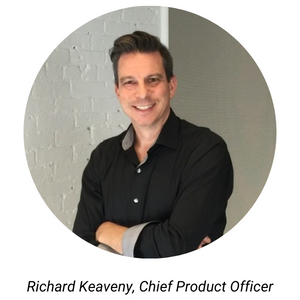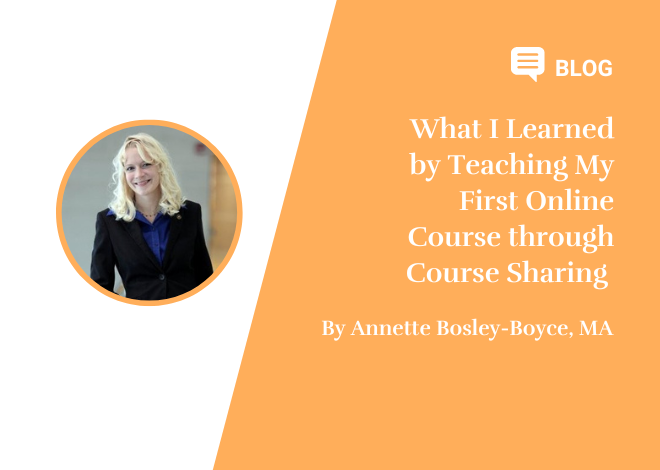By David Daniels, CEO, Acadeum
Since Acadeum’s founding, online course sharing has taken hold as a critical tool to expand course catalogs, provide just-in-time solutions when matriculated students need options and support, and enhance academic programming. We’re constantly inspired by the work of student-centric leaders across our network, and what institutions are achieving together. When higher ed institutions integrate course sharing into campus strategies and goals, in partnership with dedicated Acadeum advisors, the results are extraordinary.
I don’t use that word lightly—we’re seeing course sharing make significant impacts that change the lives and trajectories of thousands of students, across the 430+ institutions in our network:
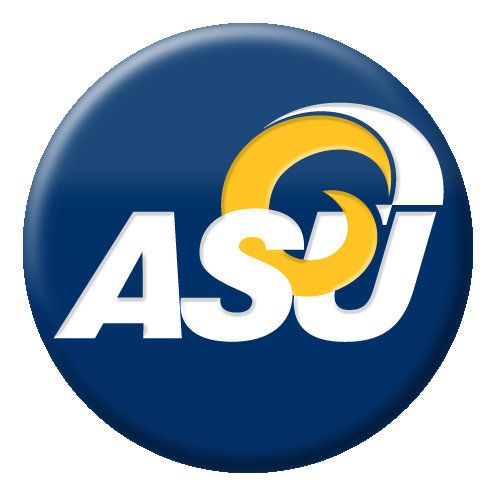
At Angelo State University, a public, military-friendly, Hispanic-Serving Institution, academic leaders estimate that $500,000 in revenue has been recovered since Summer 2022, by keeping tuition-paying students enrolled and connecting students to the courses they need on the Acadeum network.

Goldey-Beacom College hit their highest retention rate for first-year students in 20 years (82%), as a result of course sharing. 95% of Goldey-Beacom students who took courses through Acadeum to get the credits they need, were retained. GBC is using the $289,000 in recovered revenue to hire three full time faculty.
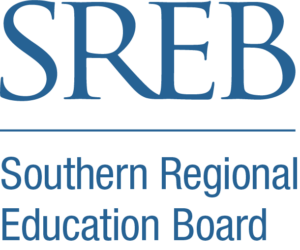
Benedict College and Dillard University, now part of the newly launched SREB HBCU-MSI course sharing consortium, became the first HBCUs to partner together on a trial program, offering Benedict College seniors accelerated online courses in the winter to ensure they graduated in Spring 2022. More than 90% of the Benedict students who took part in this initiative graduated, including 20-year-old Bilaysia Deloach who completed her degree a year ahead of schedule: “If it were not for those courses in December,” she said. “I would not be graduating.”
These stories are powerful reminders that course sharing moves the needle, increasing institutional success, improving student retention and completion, generating revenue, and streamlining processes. As always, we are indebted to the champions and advocates who have helped build a robust, trusted network of like-minded partners, for collaboration to thrive.
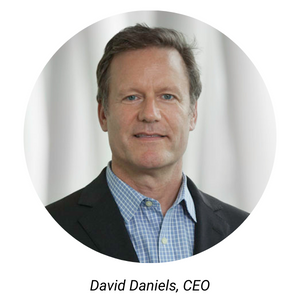
To help institutions best serve today’s students, Acadeum is expanding its offerings and consultative services to unlock new opportunities consistent with industry trends. With our ever-growing course sharing network and course catalog, we’re partnering with leading educational organizations to meet demand for:
- WORKFORCE ALIGNED-CURRICULA: Through partnerships with MedCerts and Coursera, we’re making it easier for institutions to give students hands-on skills while earning course credit, by offering discounted access to professional certificates from industry leaders and helping schools embed these into courses on Social Media, Digital Marketing, and more. Institutions like Bay Path University, Trine University, and McMurry University are pioneering new strategies for enhancing their curriculum with embedded certificates–and seeing enrollments climb in courses that prepare students for the workforce.
- DUAL ENROLLMENT COURSES: We’re expanding our focus into the K-12 space, helping institutions share low-cost courses to give high school students a leg up as they prepare for the academic rigor of college. Our work with industry experts like K-12/Stride will provide high school students access to college courses for credit from leading institutions on a national scale, helping to reduce the time and cost to getting a degree. Hundreds of college-level courses from four-year institutions and community colleges are already available.
- INTERNATIONAL STUDENT SUPPORT: We’re excited to see the great work done by Acadeum partner institutions in Canada and Mexico. CETYS University, a four-year institution based in Mexicali, Mexico began course sharing in April 2021, and has helped dozens of students make progress in their degree, while mastering language skills through real-world course work. Course sharing has also become a vital tool to support study abroad students who return to campus out-of-sequence and struggle to find the required courses needed for timely graduation.
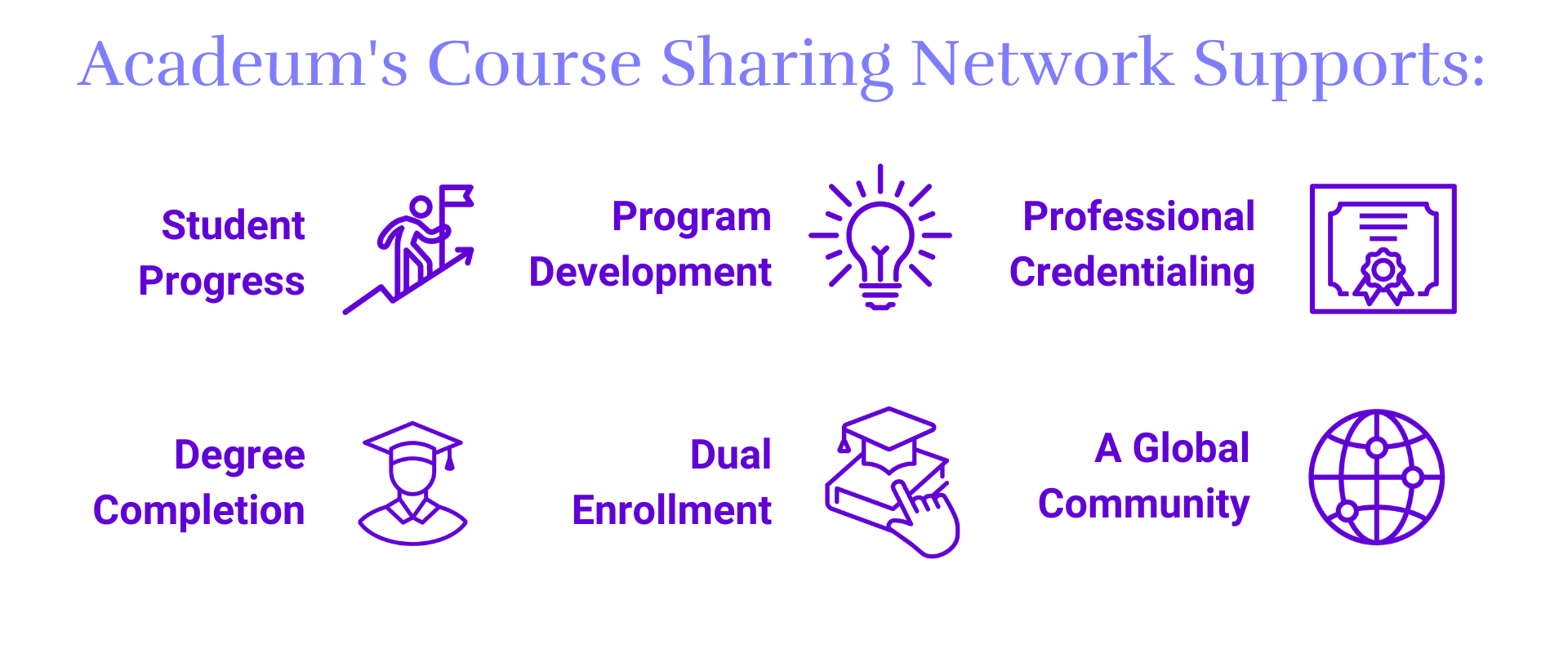
Building the Acadeum Team of the Future
Recruiting and retaining talent is the lifeblood of any successful organization. To that end, we are delighted to welcome Richard Keaveny as Chief Product Officer and Patrick Versace, SVP of Engineering. Under Richard’s leadership, and in response to institutional feedback, the product and engineering team will be future proofing the Acadeum Course Share platform.
We’re committed to staying nimble, listening to the needs of academic leaders across public universities, independent colleges, community colleges, HBCUs, MSIs, faith-based schools, and more. Most of all, we’re committed to ensuring that institutions have the tools to think outside the box, to leverage collective resources most efficiently, to provide support and resources for faculty, and to better prepare learners with the skills and courses required to succeed.

